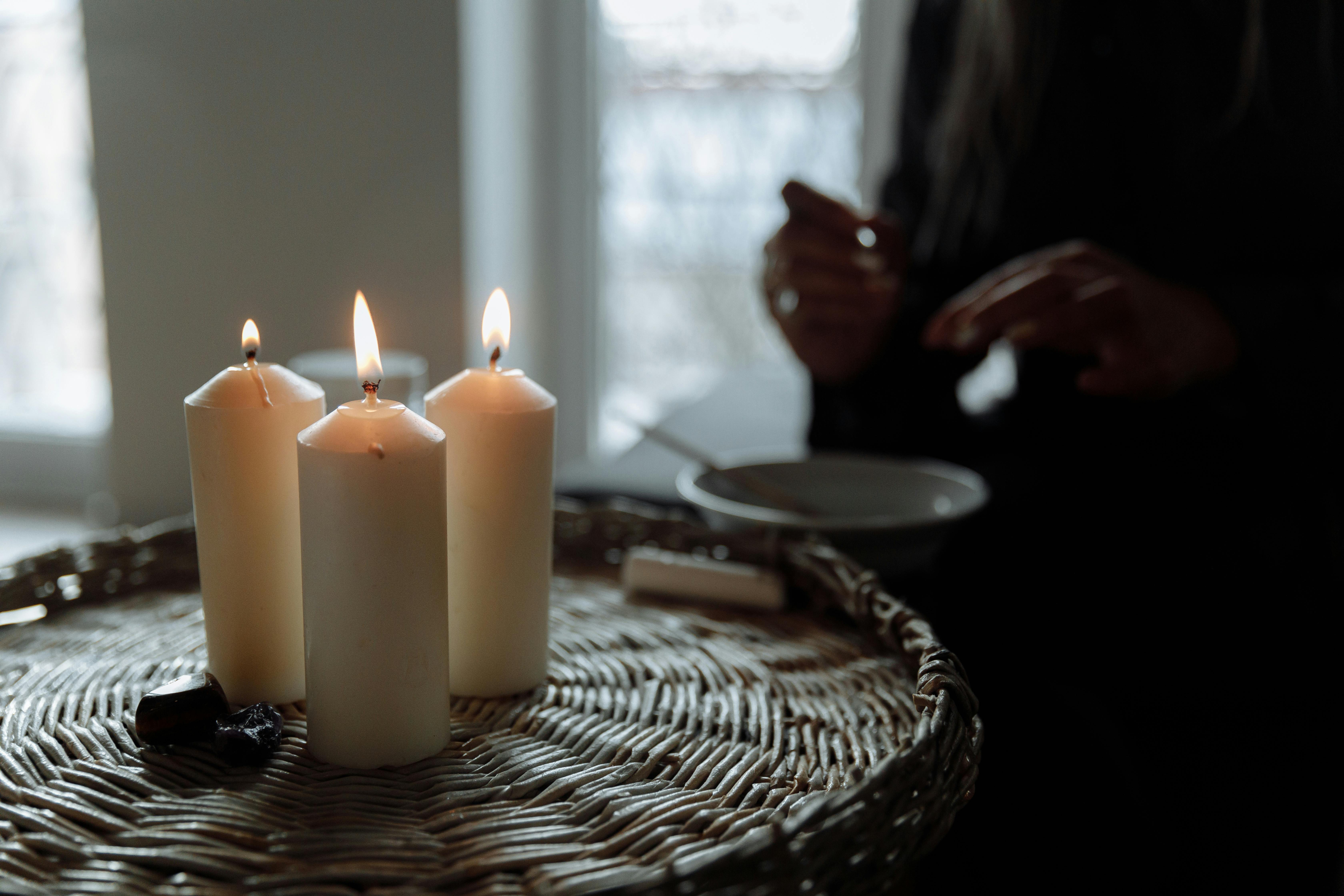Depression and anxiety are deeply personal battles, and there is no one-size-fits-all solution. However, through shared experiences and lessons learned, we can find inspiration and hope. Below is a guide that integrates three profound stories, with a particular emphasis on meditation as a vital tool for healing and growth.
Acknowledging and Accepting Depression
The first and most important step in overcoming depression is to acknowledge and accept it without shame. Depression is as real as any physical ailment, and addressing it head-on is crucial. Whether triggered by heartbreak, academic struggles, toxic relationships, or self-doubt, recognizing the problem is a powerful act of self-awareness and courage.
In one user’s experience, a young person faced academic failure and feelings of worthlessness. They struggled with isolation and self-doubt but eventually realized that external validation could not heal them. They embraced the need for self-help and started addressing their core issues.
Meditation: The Foundation of Recovery
In these journeys, meditation emerged as a cornerstone of healing. Although it may seem daunting when you’re in the depths of depression, starting small can yield significant benefits over time. Meditation offers a way to calm the mind, reduce rumination, and foster self-awareness. Here’s how it can make a difference:
Cultivating Mindfulness: Meditation helps you focus on the present moment, breaking the cycle of negative thoughts. Simple breathing exercises can ground you when anxiety feels overwhelming.
Building Emotional Resilience: Regular meditation rewires the brain to better manage stress and negative emotions. It doesn’t eliminate challenges but equips you with tools to handle them more effectively.
Enhancing Self-Compassion: Depression often brings harsh self-criticism. Meditation encourages kindness toward yourself, fostering a supportive internal dialogue.
Creating Mental Space: By quieting mental noise, meditation allows you to identify your triggers, fears, and underlying issues with clarity.
One user shared that, at their lowest point, they felt trapped by their thoughts. By incorporating meditation into their daily routine, they gradually regained a sense of control and perspective. They started with just two minutes a day and worked up to longer sessions, eventually finding peace and clarity.
Actionable Steps for Recovery
While meditation is central, a holistic approach can amplify its effects. Below are practical steps to complement your meditative practice:
Physical Well-Being: Engage in regular physical activity, even if it’s just a brisk walk. Exercise boosts endorphins and enhances overall mood.
Healthy Eating: Focus on a balanced diet that supports gut health. Low-carb, microbiome-friendly foods can significantly impact mental well-being.
Sleep Hygiene: Prioritize consistent and restful sleep. A well-rested mind is more resilient to stress and negativity.
Seek Connection: Spend time with supportive friends or loved ones. Isolation feeds depression, while meaningful relationships can provide comfort and strength.
Set Goals: Start small. Whether it’s completing a short task or committing to a new hobby, small achievements build momentum and confidence.
Believing in Your Journey
Recovery is not linear, and setbacks are part of the process. The users’ stories emphasize that real, lasting change requires patience and persistence. One user, who overcame heartbreak and career struggles, highlighted how time and consistent self-work helped them regain confidence and purpose.
Remember, it’s okay to seek professional help alongside self-help strategies. Therapy, when combined with meditation and lifestyle adjustments, can lead to profound transformations.
Final Thoughts
Meditation is not a magic cure, but it is a powerful tool that, when combined with other interventions, can lead to lasting recovery. Be patient with yourself. Trust in your ability to heal and grow. With time, effort, and the right support, a fulfilling and joyful life is within your reach.
Take care of your mind as you would your body. You are worthy of peace, love, and happiness.
Other recommendations:



